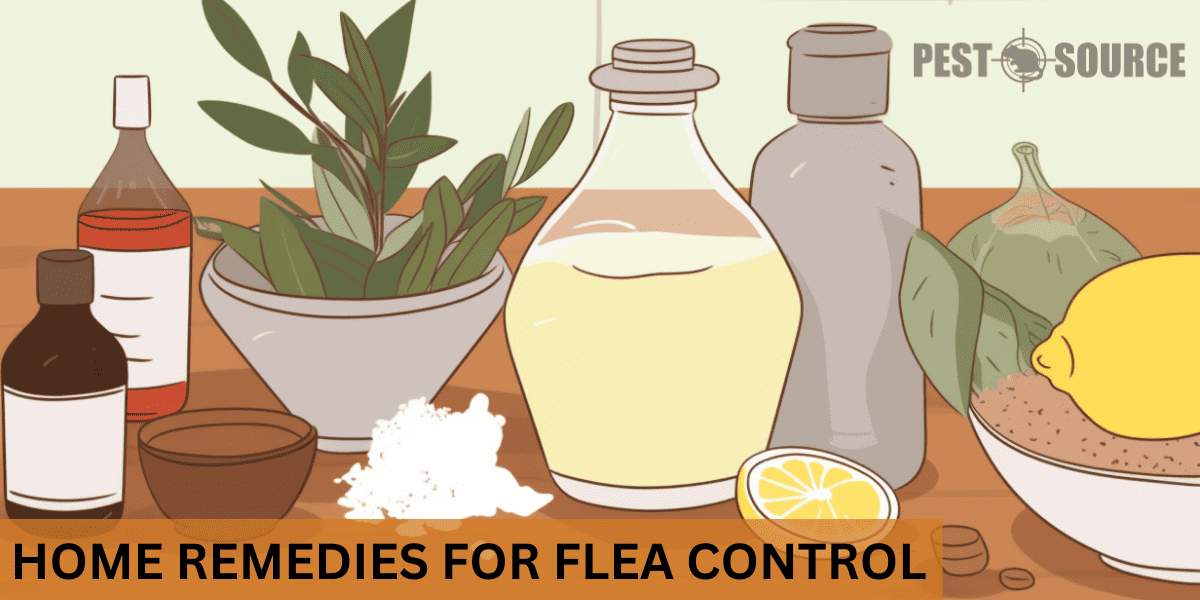Struggling with a flea infestation? Worry no more! This comprehensive guide delves into an array of home remedies for flea control that could be your ticket to a pest-free household. Here, we’ll discuss why many are gravitating towards home solutions, dissect their effectiveness, and scrutinize a wide variety of potential remedies—from common pantry items like salt and vinegar to essential oils like peppermint and lavender.
Expect an in-depth comparison of these home solutions against commercial flea treatments, thoughtful considerations and precautions when deploying these remedies, and a final evaluation to determine if home remedies really stand a fighting chance against these resilient pests. Let’s dive in!
Why opt for home remedies for flea control?
Home remedies for flea control have been gaining popularity in recent years, and for good reasons. They offer several advantages over commercial flea control products:
| Criterion | Home Remedies | Commercial Products |
|---|---|---|
| Cost-effective | Often cheaper, utilizing readily available household items. | Can be expensive, requiring repeated purchases. |
| Safety | Natural, non-toxic ingredients are safer for family and pets. | May contain harsh chemicals with potential side effects. |
| Environmental Impact | Lower impact, with biodegradable and eco-friendly ingredients. | Often involve chemicals that can harm the environment. |
| Customizable | Remedies can be tailored to specific needs and preferences. | One-size-fits-all, with less flexibility for customization. |
What factors make home remedies effective for fleas?
Home remedies for fleas can be quite effective when applied correctly and consistently. The key factors that contribute to their success are:
- Correct formulation: Using the right combination of ingredients increases the effectiveness of the remedy.
- Consistency: Applying home remedies consistently ensures that they work over an extended period, breaking the fleas’ life cycle.
- Proper application: Ensuring correct application, such as thoroughly vacuuming your home or washing pet bedding, significantly improves the remedy’s success.
- Combining methods: Using multiple home remedies together can enhance their overall effectiveness in controlling fleas.
What are the Most Effective Home Remedies for Flea Control?
Here are some of the best-known home remedies for killing fleas:
| Home Remedy | Target | Application Tips |
|---|---|---|
| Diatomaceous Earth | Adult fleas, eggs, larvae | Sprinkle on carpets and pet areas, leave for 24 hours before vacuuming. |
| Baking Soda | Eggs, larvae | Combine with vacuuming; sprinkle on fabrics and floors, work it into the carpet, then vacuum after a few hours. |
| Salt | Adult fleas, eggs | Sprinkle fine table salt over carpets, let sit overnight, then vacuum up the residue. |
| Vinegar | Repels fleas | Dilute with water and spray on pets and home surfaces, or add to bath water for a flea dip. |
| Lemon Spray | Repels fleas | Boil lemon slices, cool, and spray the liquid on affected areas or pets, avoiding sensitive areas. |
| Herbal Flea Sprays | Repels fleas | Mix essential oils like lavender, eucalyptus, or tea trea oil with water, spray on pet bedding and around the house. |
| Coconut Oil | Kills and repels fleas | Massage into pet’s fur as a natural flea repellent and skin moisturizer. |
| Borax | Adult fleas, eggs, larvae | Sprinkle on carpets, let sit for a few hours, vacuum up thoroughly. Keep pets and children away during treatment. |
| Steam Cleaning | All life stages | Use a steam cleaner on carpets, upholstery, and pet bedding to kill fleas with heat. |
| Dawn Dish Soap | Adult fleas | Create a flea bath by diluting with water, lather on the pet’s coat, then rinse thoroughly. |
What’s the best home remedy for fleas?
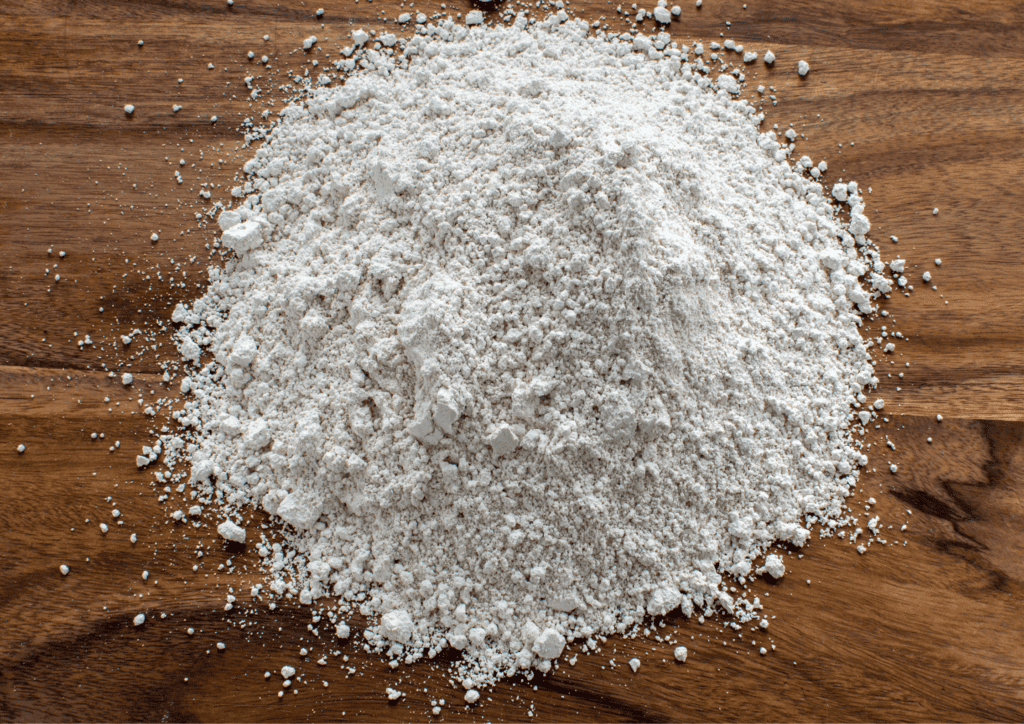
Diatomaceous earth is often touted as the best home remedy for fleas due to its effectiveness, safety, and ease of use. This non-toxic powder is made up of fossilized remains of diatoms, microscopic aquatic organisms. The sharp edges of diatomaceous earth cut through the fleas’ exoskeleton, dehydrating and killing them. And because it’s a natural product, it’s safe to use around pets and children.
Does Dawn Kill Fleas?
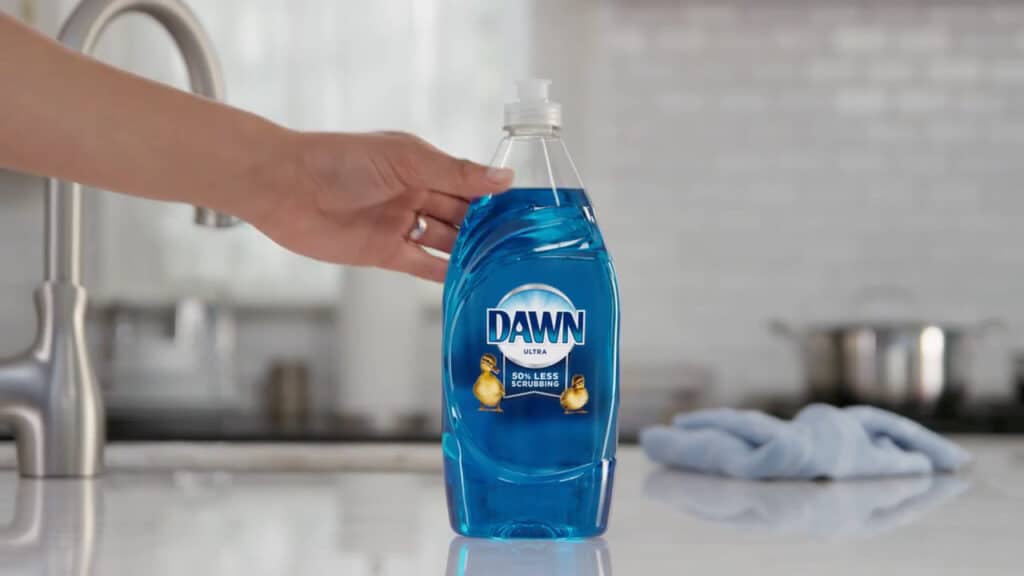
Yes, Dawn dish soap can kill fleas. The detergent effectively breaks down the fleas’ exoskeleton, cutting through the waxy protective layer and causing them to dehydrate and die. Additionally, Dawn’s surfactants can drown fleas by trapping them in their bubbles and rendering them unable to swim or breathe.
To use Dawn as a flea treatment:
- Create a flea bath by diluting Dawn dish soap with water.
- Gently lather the diluted soap onto your pet’s coat.
- Avoid contact with your pet’s eyes and mouth.
- Leave the lather on for a few minutes before thoroughly rinsing it off.
While Dawn is generally safe for short-term use on pets, it’s essential to monitor your pet for any skin irritation or dryness, as it can strip away the natural oils on their skin. Keep in mind that using Dawn dish soap is only a temporary solution and will not prevent future flea infestations.
Does Vinegar Kill Fleas?
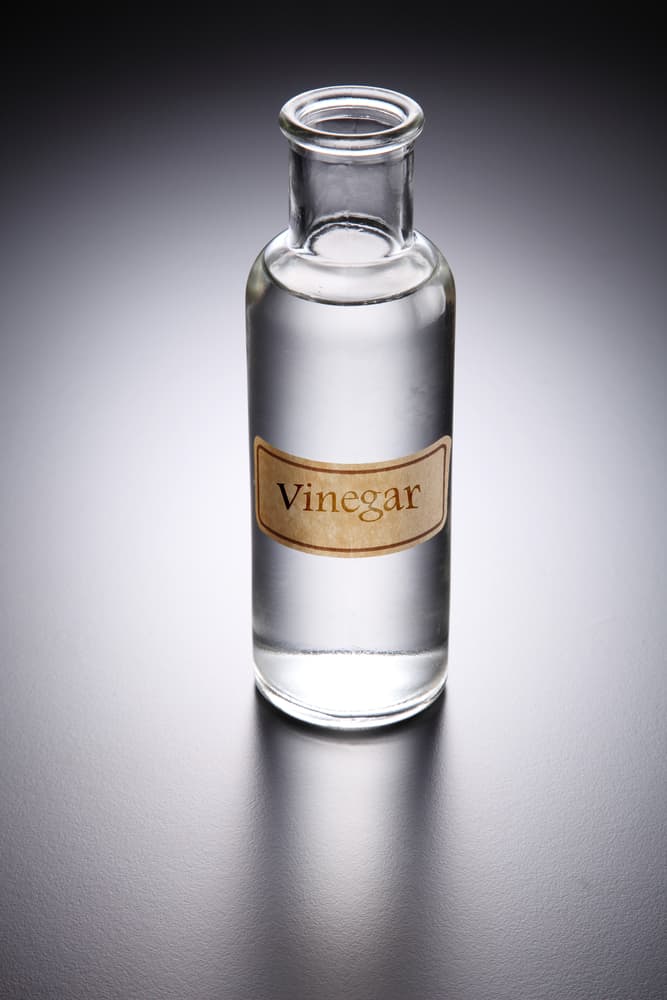
Yes, vinegar can help kill and repel fleas. The acetic acid present in vinegar disrupts their nervous system and can cause fleas to die. Additionally, vinegar can help to deter fleas due to its strong, unappealing scent. While it may not be as effective as some commercial flea treatments, it is a natural and affordable alternative.
To use vinegar as a flea control measure:
- Dilute white or apple cider vinegar with an equal amount of water.
- Spray the mixture onto your pet’s fur, avoiding the eyes, ears, and mouth.
- Use the diluted vinegar solution to clean household surfaces, such as floors and upholstery.
- Optionally, add a small amount of vinegar to your pet’s drinking water to repel fleas internally.
- Exercise caution when adding vinegar to drinking water, and ensure your pet tolerates it well.
Although vinegar is a non-toxic and environmentally friendly solution, it may cause skin irritation or dryness in some pets. Monitor your pet for any adverse reactions and consult a veterinarian if you observe any signs of discomfort.
Does Salt Kill Fleas?
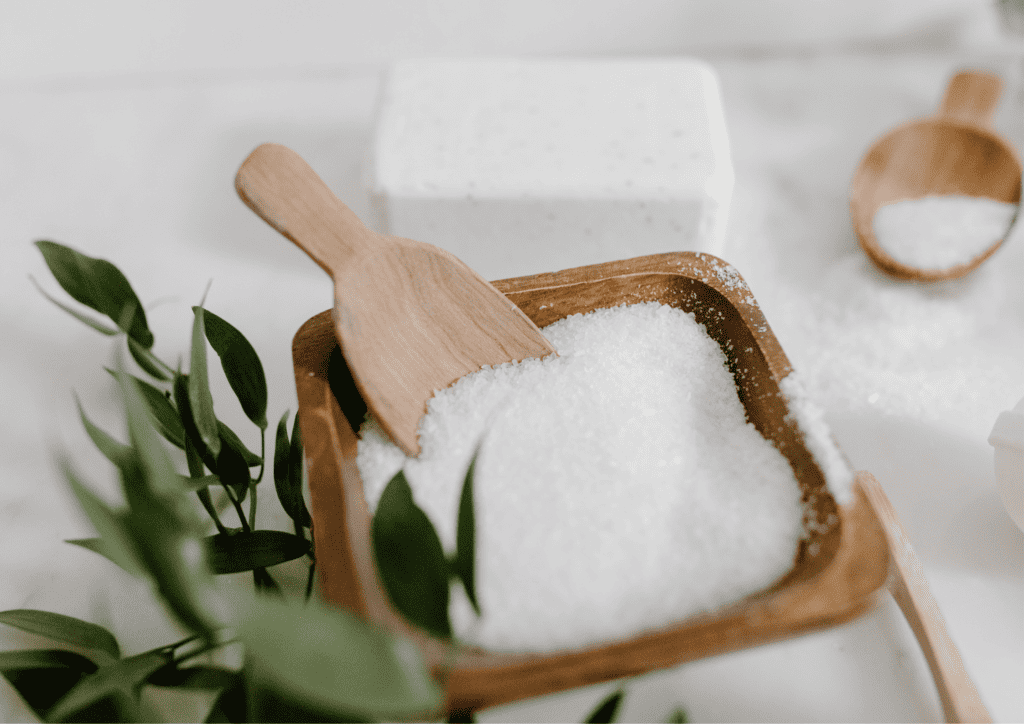
Yes, salt can kill fleas by dehydrating them. The fine salt granules penetrate the fleas’ exoskeletons, absorbing moisture and causing the fleas to dry out and die. For this method to be effective, use finely ground table salt or sea salt.
To treat your home with salt:
- Sprinkle it evenly across your carpets, upholstery, and pet bedding.
- Allow the salt to sit for at least 24 hours
- Vacuum up the residue thoroughly.
Keep in mind that while salt is a safe and natural approach, it may not provide complete eradication if the infestation is severe. Furthermore, the salt treatment primarily targets adult fleas and may not be as effective against eggs and larvae. Using this method in conjunction with other home remedies or consulting a professional pest control service may be necessary for more effective flea control.
Does Baking Soda Kill Fleas?

Yes, baking soda can help kill fleas by disrupting their life cycle. Baking soda acts as a desiccant, drying out flea eggs and larvae, which ultimately prevents them from developing into adult fleas.
To use this method:
- Sprinkle baking soda on carpets, upholstery, and pet bedding.
- Gently work the baking soda into the fabric with a brush to target flea eggs and larvae.
- Allow the baking soda to sit for at least 24 hours.
- Vacuum up the baking soda thoroughly after 24 hours.
- Properly dispose of the vacuum contents to prevent potential re-infestation.
While baking soda can help control flea populations, it may not eliminate all adult fleas, so it’s essential to combine it with other flea control methods.
Does Bleach Kill Fleas?
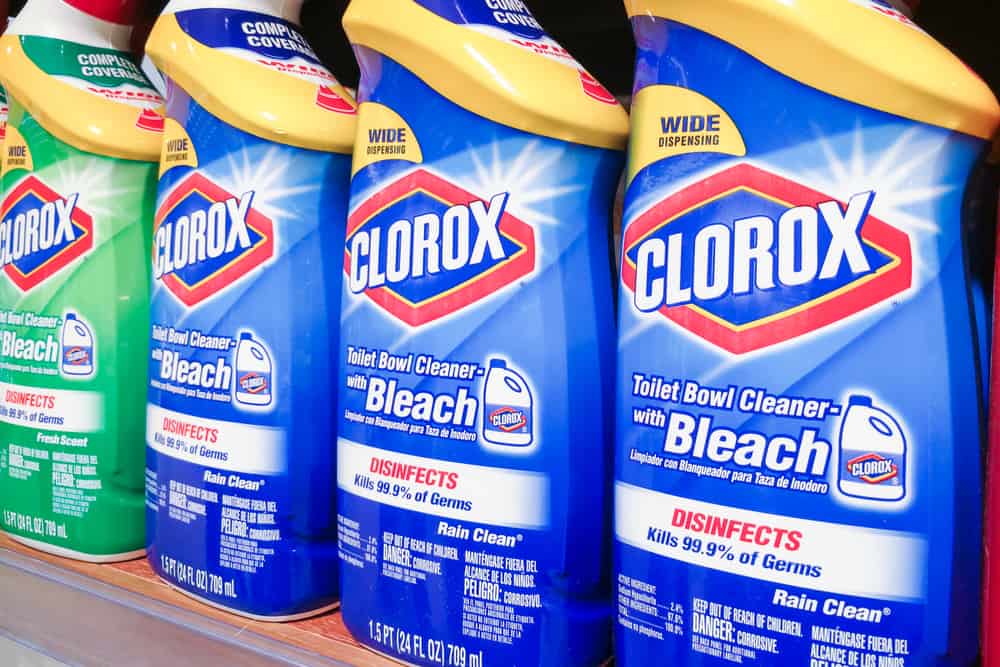
Yes, bleach can kill fleas, but it should be used with extreme caution. The strong chemicals in bleach effectively destroy fleas; however, bleach is also a toxic substance that poses numerous risks to humans and pets. It can cause burns, respiratory problems, and even death if ingested or inhaled in large quantities. As a result, bleach should not be used directly on pets or in areas where your pet may come into contact with it.
If you decide to use bleach as a flea treatment:
- Dilute bleach with water according to the manufacturer’s instructions.
- Apply only to non-porous surfaces that can be easily rinsed.
- Ensure proper ventilation in the area where bleach is used.
- Wear protective gear, including gloves and goggles, when handling bleach.
Considering the potential risks and hazards, it is often best to explore alternative, safer home remedies or consult a professional pest control service for flea treatment.
Does Lysol Kill Fleas?
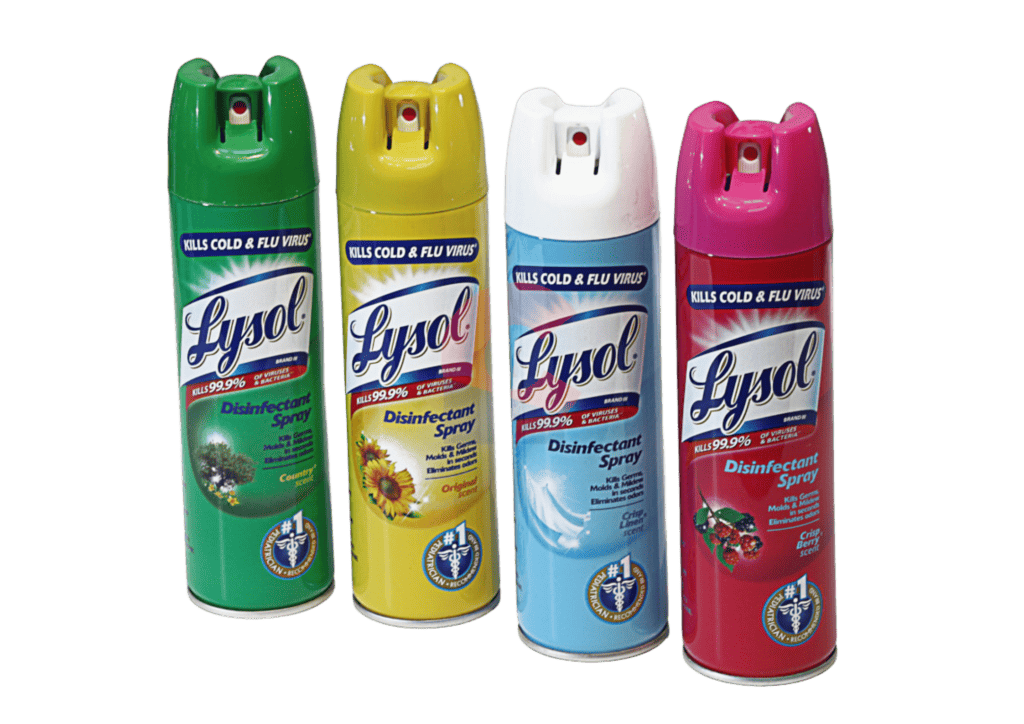
No, Lysol can temporarily control fleas due to its disinfectant properties, but it should be used with caution. Lysol contains chemicals that can effectively kill adult fleas on contact. However, it’s not recommended for direct use on pets or porous surfaces like carpets and upholstery, as it may cause adverse reactions such as irritation, breathing difficulties, or even poisoning for both you and your pets.
If you plan to use Lysol in your flea control efforts:
- Limit Lysol application to non-porous, washable surfaces.
- Ensure surfaces are out of pets’ reach.
- Follow the manufacturer’s instructions closely.
- Ensure proper ventilation when using Lysol.
- Keep Lysol away from children and pets.
Does Coconut Oil Kill Fleas?
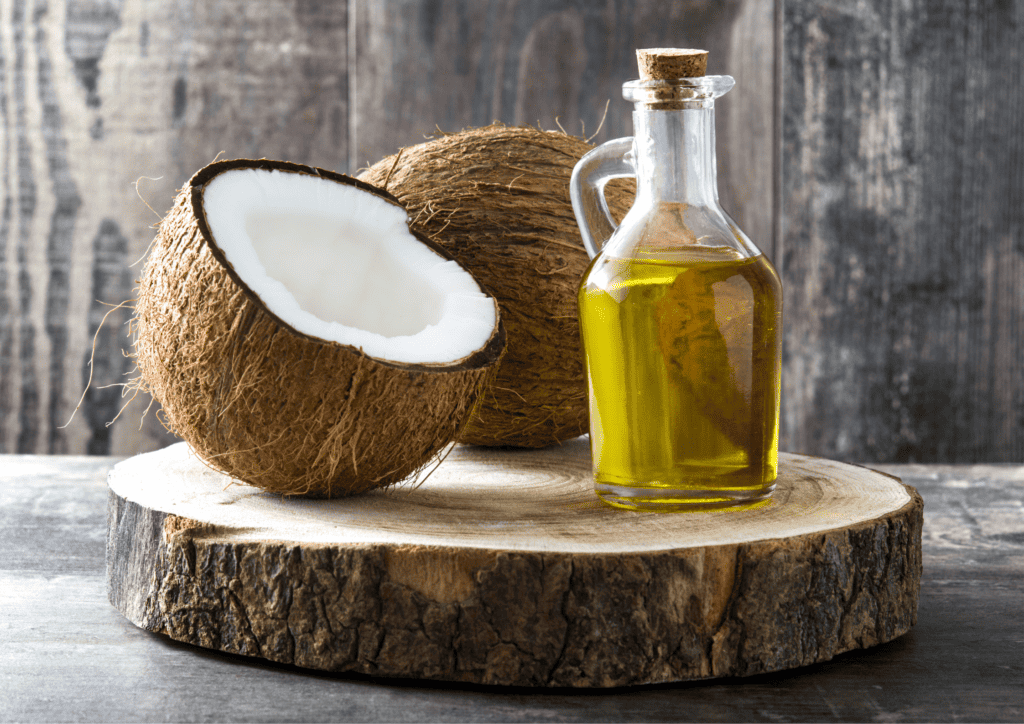
Yes, coconut oil can kill fleas. The lauric acid present in coconut oil breaks down into a compound that effectively repels fleas and other pests. Massaging coconut oil into your pet’s fur can provide a natural flea-repellent barrier while also improving their skin and coat health. Additionally, coconut oil is a safe and non-toxic alternative to commercial flea treatments.
However, it may not be strong enough to combat severe infestations on its own. If you’re using coconut oil as part of your flea control strategy, consider combining it with other home remedies or consulting a veterinarian for additional measures.
Does Rubbing Alcohol Kill Fleas?
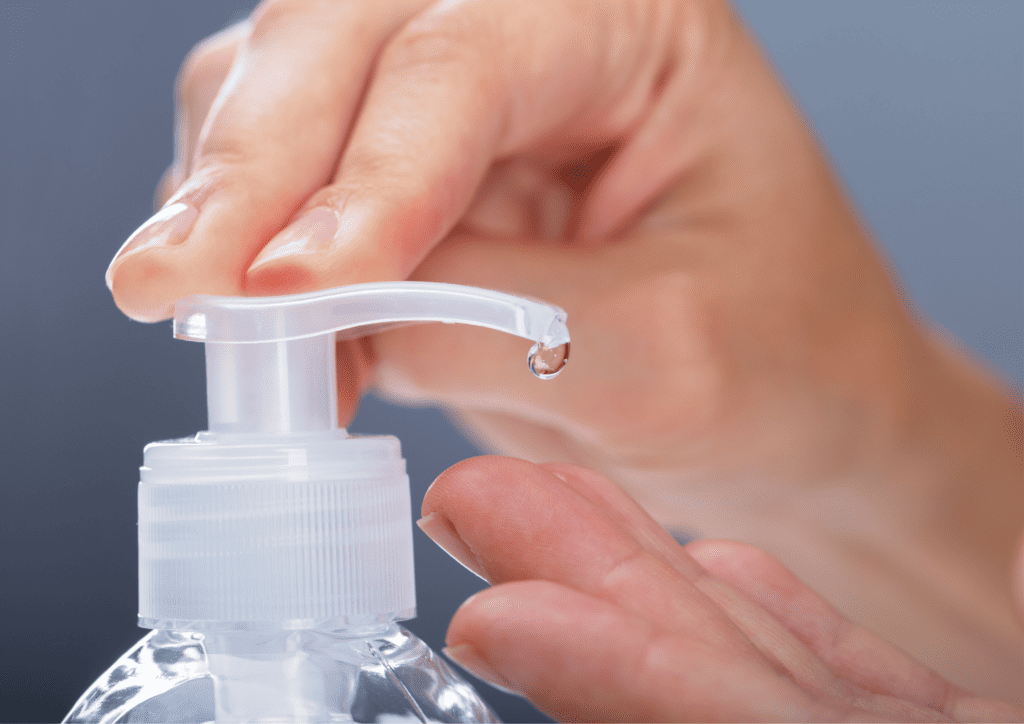
Yes, rubbing alcohol can kill fleas on contact due to its ability to penetrate and damage their exoskeletons. When applied directly to fleas, rubbing alcohol induces rapid dehydration and ultimately results in the pests’ death. However, it’s crucial to use rubbing alcohol with caution, as it is a volatile substance that can cause skin irritation, poisoning, or even combustion if stored or used improperly.
- Avoid direct application on pets to prevent skin irritation and ingestion risks.
- Apply a small amount of rubbing alcohol to a cloth for use.
- Gently wipe down surfaces or pet bedding with the alcohol-soaked cloth.
Combined with other flea control methods, rubbing alcohol can be an effective tool to control and reduce flea populations.
Does Borax Kill Fleas?
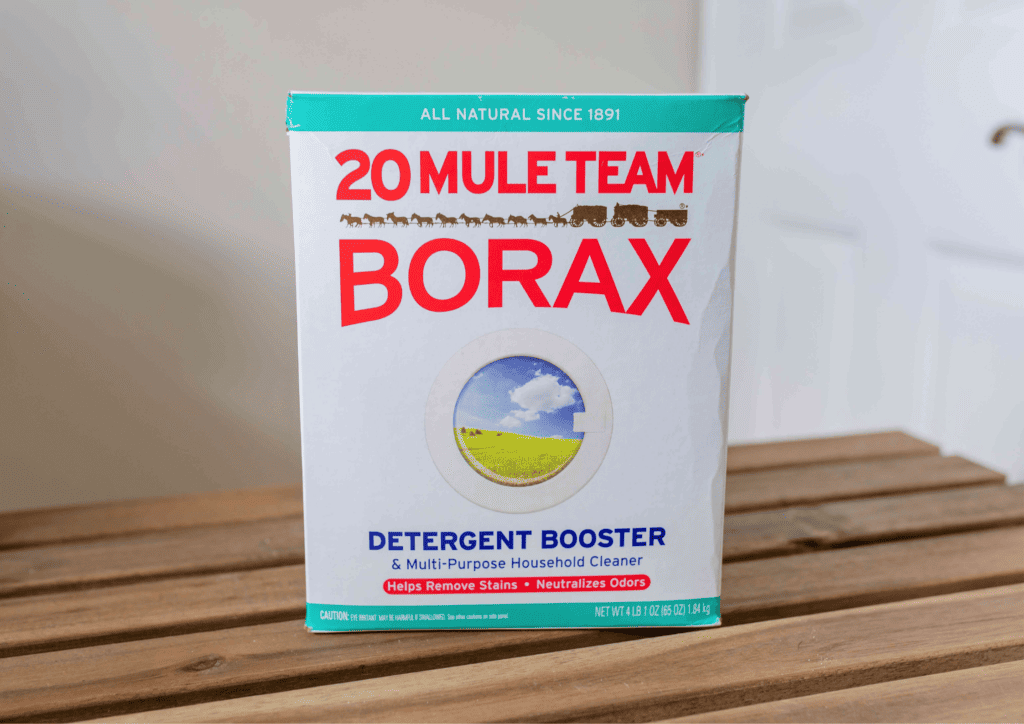
Yes, borax can kill fleas by disrupting their metabolism and ultimately causing internal damage. Borax, a naturally occurring mineral, acts as a desiccant that dries out adult fleas, leaving their exoskeletons damaged and leading to their death. Moreover, borax can also be effective in preventing flea eggs from hatching.
To use borax as a flea control solution:
- Sprinkle it on carpets, upholstery, or pet bedding.
- Leave it on treated areas for a few hours or overnight.
- Keep pets and children away from treated areas to prevent ingestion.
- Vacuum up the remaining borax, dead fleas, eggs, and larvae afterward.
While borax can be an effective flea treatment, it’s crucial to remember that it can be harmful if ingested by your pets or children. Always use caution and consider alternative treatments if safety concerns arise.
Does Pine-Sol Kill Fleas?
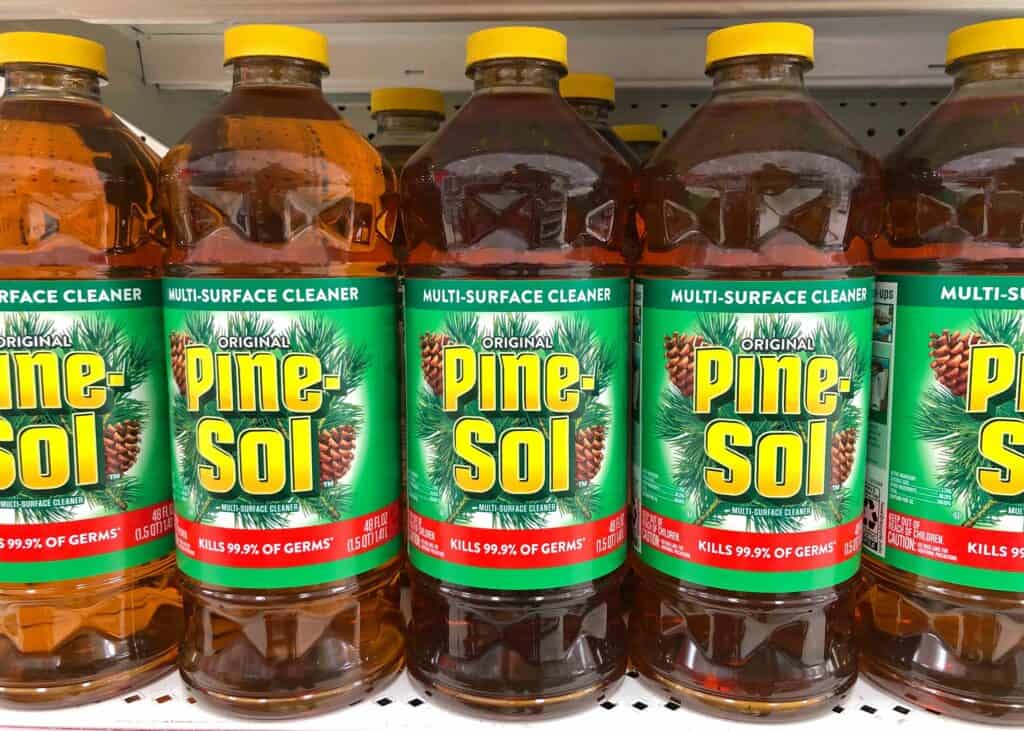
Yes, Pine-Sol can kill fleas. Pine-Sol is a popular household cleaning product that contains pine oil, a powerful disinfectant, and insecticide. When used correctly, it can effectively eliminate fleas and other household pests.
To use Pine-Sol for flea control:
- Dilute Pine-Sol with water as per the manufacturer’s instructions.
- Use the diluted solution to mop floors or wash pet bedding.
- The strong scent of Pine-Sol can act as a flea repellent.
- Do not use Pine-Sol directly on pets to avoid skin irritation or health issues.
- Ensure proper ventilation when using Pine-Sol to avoid harmful fumes.
Does Tea Tree Oil Kill Fleas?
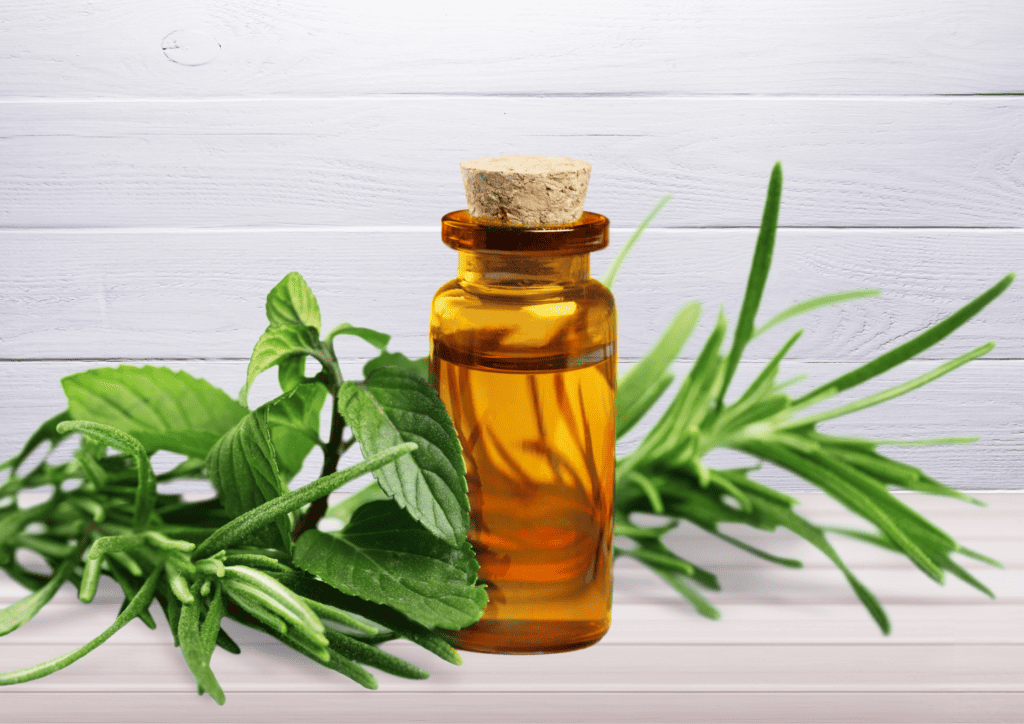
No, but tea tree oil can repel fleas due to its potent pesticidal properties. Besides being effective in killing adult fleas, it can also deter them with its strong aroma. However, it is crucial to use tea tree oil with extreme caution, as it can be toxic to both pets and humans if misused.
When using tea tree oil for flea control:
- Heavily dilute tea tree oil with a carrier oil or water before application.
- Never apply undiluted tea tree oil directly to your pet’s skin.
- Undiluted tea tree oil can cause severe irritation, poisoning, or death.
- Consult a veterinarian for guidance on proper dilution and application techniques.
Does Heat Kill Fleas?

Yes, heat can effectively kill fleas at all life stages, including eggs, larvae, and adult fleas. High heat impacts fleas’ ability to survive and reproduce, making them vulnerable to death.
Common heat treatments include:
- Washing pet bedding and infested linens on hot cycles
- Using steam cleaners on carpets and upholstery
- Directing a blow dryer at infested areas.
It’s important to note that while heat can be an effective flea control method, it alone may not eradicate a severe infestation completely. Combining heat treatments with other home remedies or professional pest control services can yield more effective results for controlling flea populations.
Does Water Kill Fleas?

Yes, water can kill fleas, particularly when it’s combined with soap or detergent. The surfactant properties in soap break the surface tension of water, preventing fleas from floating on the surface and causing them to drown. Plain water alone can also kill some fleas, but not as efficiently as soapy water.
A commonly used practice to drown fleas is placing a shallow dish filled with soapy water near a light source overnight, which attracts fleas and causes them to fall into the water and drown. However, this method is more effective at attracting and killing adult fleas rather than targeting eggs and larvae, so combining it with other natural remedies is essential for comprehensive flea control.
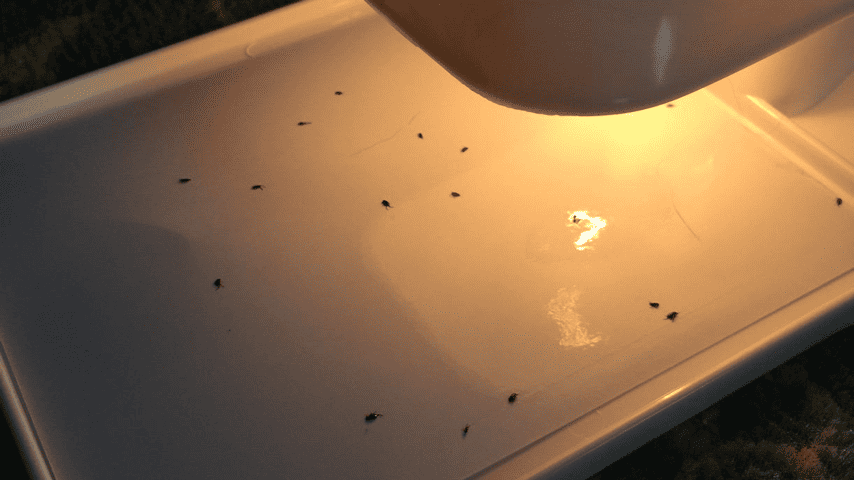
Does Lime Kill Fleas?

Yes, lime can effectively kill fleas and is often utilized for flea control. The way it works is by dehydrating the fleas, which eventually results in their death. It’s vital to understand, however, that hydrated lime is caustic in nature. This means it can cause burns or corrosion, so it should never be used on or around pets due to its potential to harm them.
Does Peppermint Oil Kill Fleas?
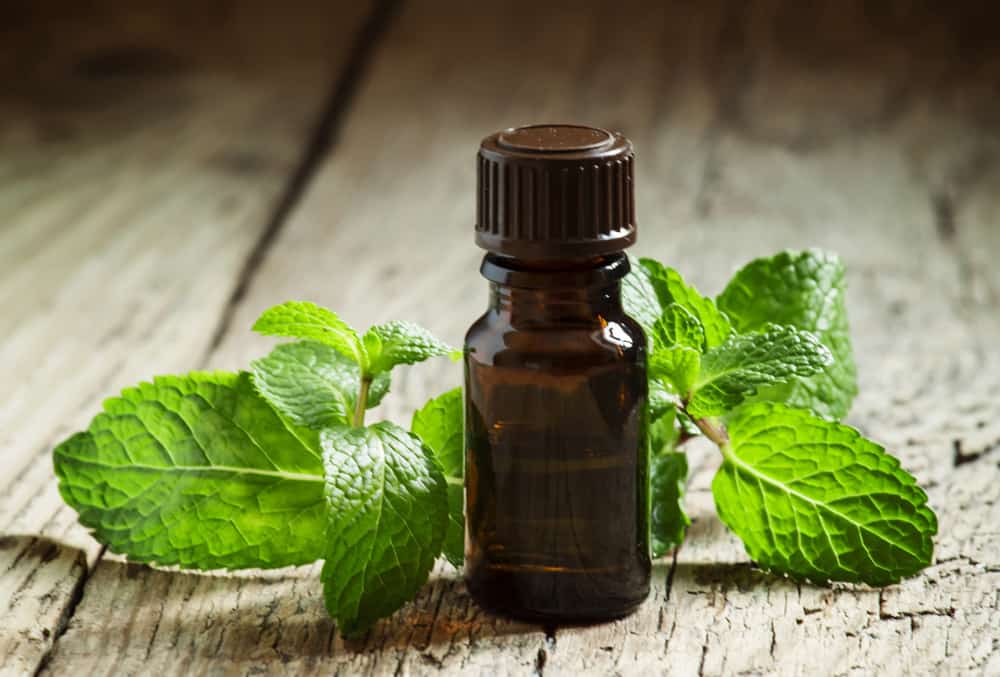
Yes, peppermint oil might help kill and repel fleas due to its potent active ingredients and strong scent. Peppermint oil contains various natural pesticides, such as menthol, which can suffocate adult fleas and repel them from treated areas. However, it’s essential to use peppermint oil with caution and always dilute it appropriately before applying it to your pet or household surfaces. Undiluted peppermint oil can cause skin irritation, respiratory issues, or adverse reactions in both pets and humans.
Adding a few drops of peppermint oil to a carrier oil, water, or other pet-safe essential oils can create a homemade flea spray that can be applied with care. However, peppermint oil may not be sufficient for severe infestations, so it’s best used in combination with other flea control methods or professional pest control services.
Does Steam Kill Fleas?
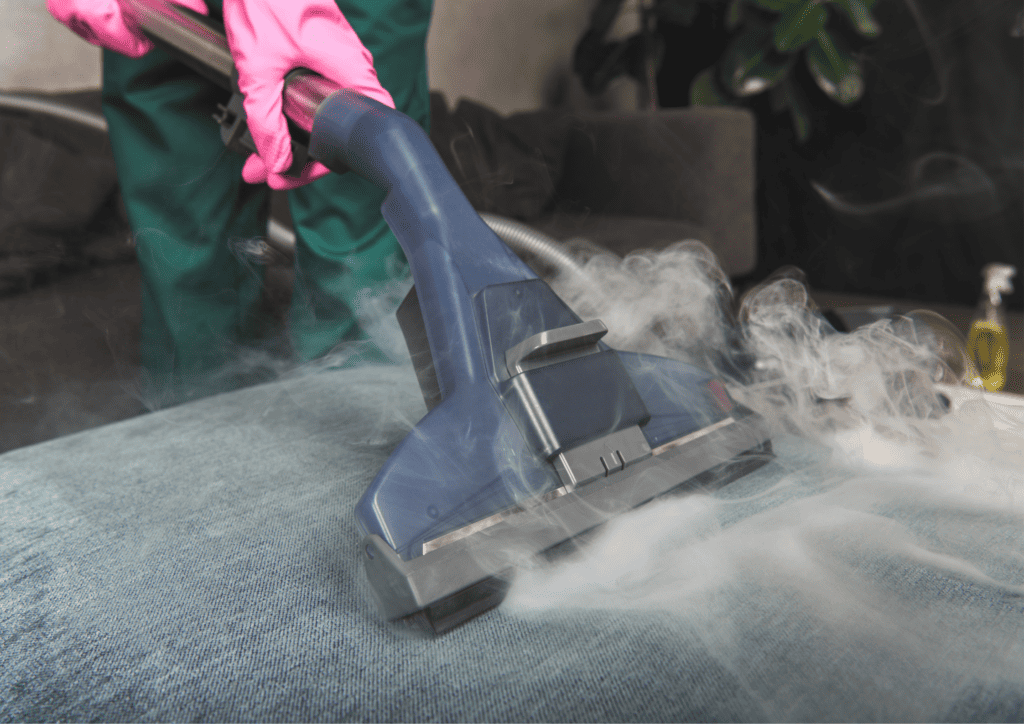
Yes, steam effectively kills fleas at all life stages, including eggs, larvae, and adult fleas. High temperatures weaken the fleas’ exoskeleton and disrupt their reproductive cycle, ultimately killing them. Using a steam cleaner on carpets, upholstery, and pet bedding can help sanitize and eliminate fleas from your home environment. Steam cleaning is an eco-friendly and non-toxic method, making it safe for use around pets and children.
However, steam treatment alone might not be enough to combat severe infestations. Combining steam cleaning with other flea control methods and regular vacuuming can help achieve more comprehensive results.
Does Baby Powder Kill Fleas?
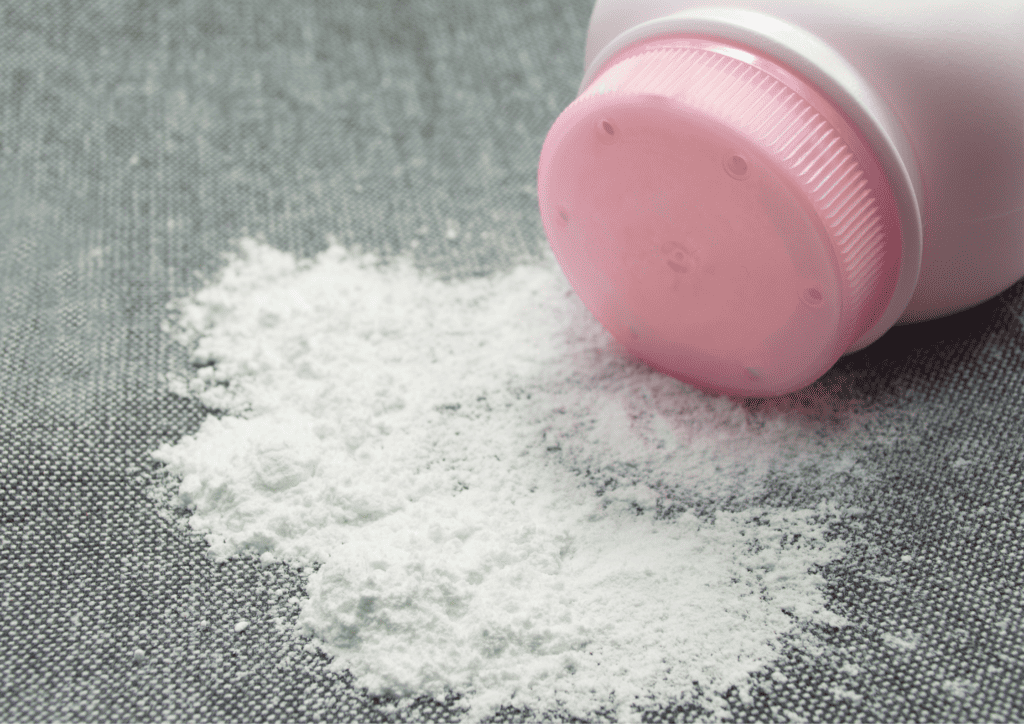
Yes, baby powder can help kill fleas by acting as a desiccant, similar to salt and baking soda. Baby powder dries out the fleas’ exoskeletons, leading to their dehydration and eventual death.
To use baby powder as a flea control method:
- Sprinkle baby powder on carpets, furniture, and pet bedding.
- Let it sit for a few hours to a day.
- Vacuum the treated areas thoroughly.
- Remove the powder, dead fleas, and any remaining eggs and larvae.
However, baby powder might not be as effective as other home remedies, and it may not target all life stages of fleas. Combining baby powder with other flea control methods is necessary for a comprehensive approach to flea management.
Does Hydrogen Peroxide Kill Fleas?
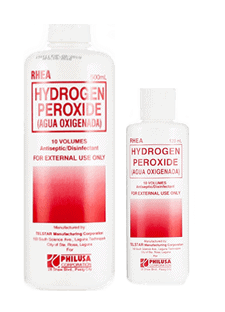
No, hydrogen peroxide does not effectively kill fleas. Hydrogen peroxide, commonly used as a disinfectant and antiseptic, may help relieve itching and irritation related to flea bites on your pet but is not a viable solution to kill or repel fleas. Applying hydrogen peroxide directly to your pet’s skin to control fleas can cause severe irritation or harm their skin.
Instead, it’s better to focus on other natural remedies and flea control methods, such as essential oils, diatomaceous earth, or salt, for more targeted and safe treatment options. Additionally, consulting a veterinarian for professional guidance on flea control is always a wise decision.
Does Off Repel Fleas?
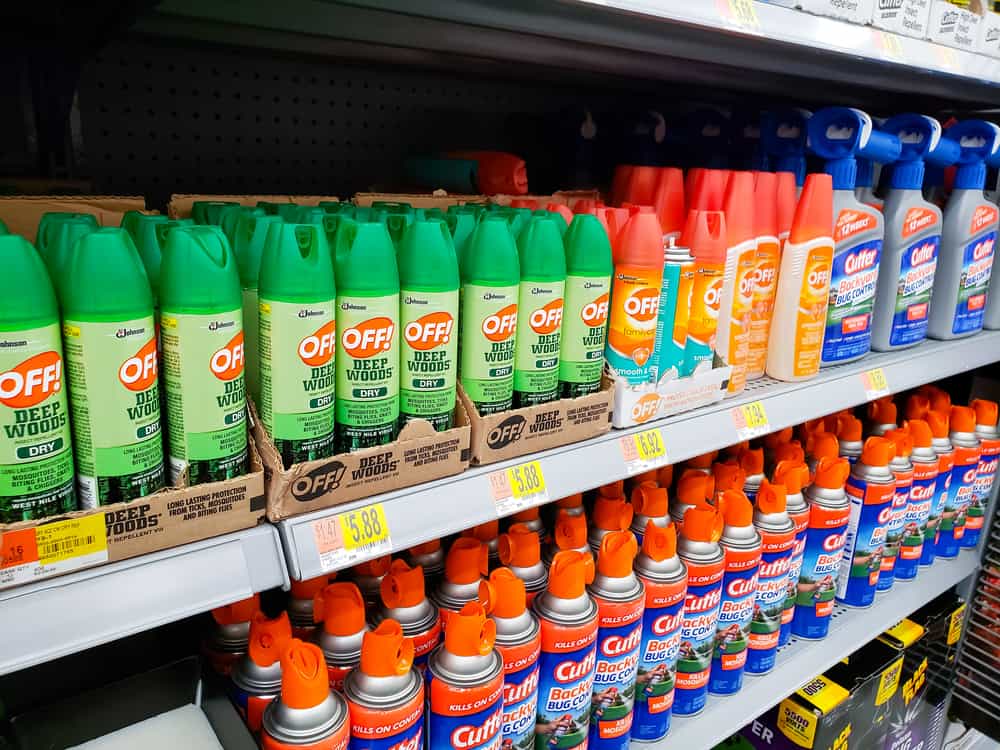
Yes, Off can help repel fleas due to its active ingredient DEET, which affects the fleas’ sense of smell and makes it more difficult for them to locate a food source. However, Off is formulated for human use, and applying it directly to your pet’s fur or skin is not recommended, as it can be harmful or even toxic to them. There are more suitable and pet-safe alternatives, like natural essential oil flea sprays, specifically designed to repel fleas from pets.
If you wish to use Off to repel fleas from your clothing or skin during outdoor activities, follow the manufacturer’s directions closely and avoid excessive exposure.
Does Palmolive Kill Fleas?
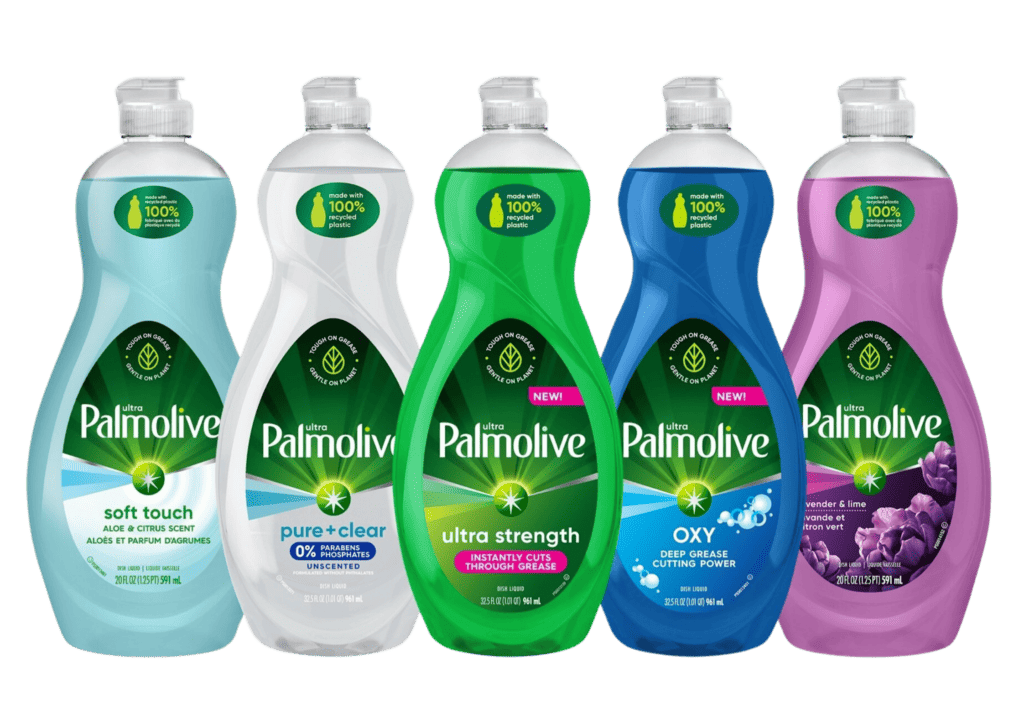
Yes, Palmolive can kill fleas due to their detergent properties, which break down the fleas’ exoskeletons, causing them to dehydrate and die. Dish soap also disrupts the water surface tension, trapping and drowning fleas.
To use Palmolive or any dish soap as a flea remedy:
- Dilute Palmolive or any dish soap with water.
- Give your pet a gentle and thorough bath, avoiding the eyes, ears, and mouth.
- Rinse the soap off completely to prevent skin irritation or dryness.
Keep in mind that, while dish soap can kill adult fleas, it may not provide long-term protection or target flea eggs and larvae effectively. Consulting a veterinarian for more effective flea control measures is advised.
Does Lemon Juice Kill Fleas?
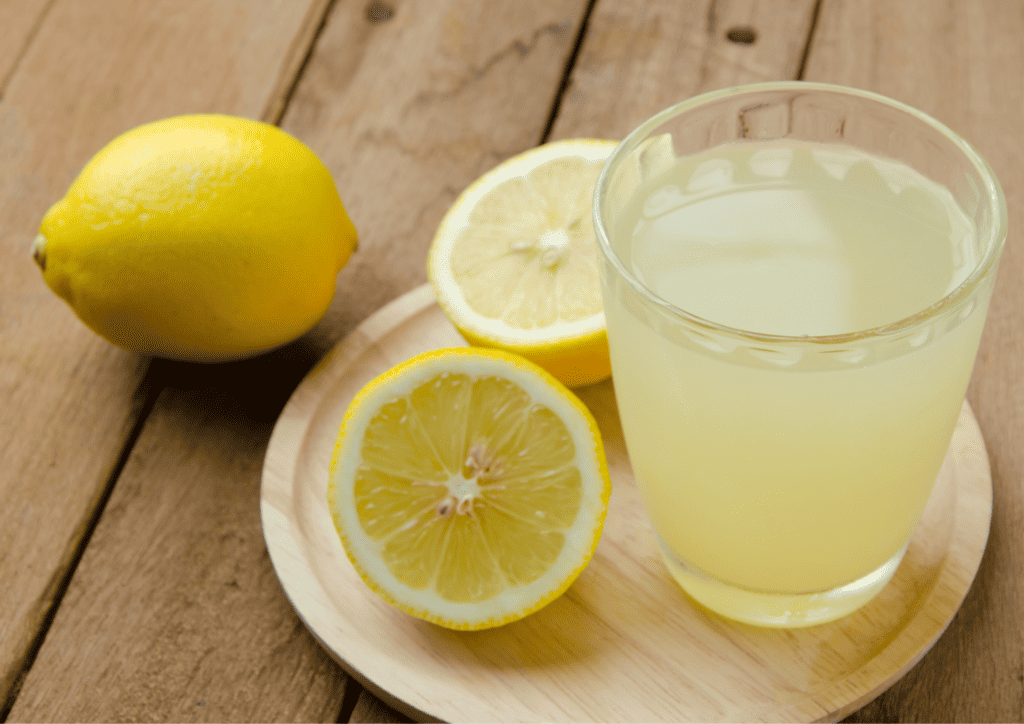
No, lemon juice does not kill fleas, but it can help repel them due to its citrus scent, which is unappealing to fleas. Creating a lemon spray is a popular and natural way to deter fleas from your home or pet.
To make a lemon spray:
- Slice a lemon and boil it in water.
- Let the mixture steep overnight.
- Once cooled, strain the liquid.
- Pour the strained liquid into a spray bottle.
- Apply the spray to your pet’s fur, avoiding the eyes, ears, and mouth.
- Use the spray to clean household surfaces.
While lemon juice can help repel fleas, it may not be effective enough to combat more severe infestations. Combining lemon juice with other flea control methods is recommended for comprehensive flea management.
Does Lavender Kill Fleas?
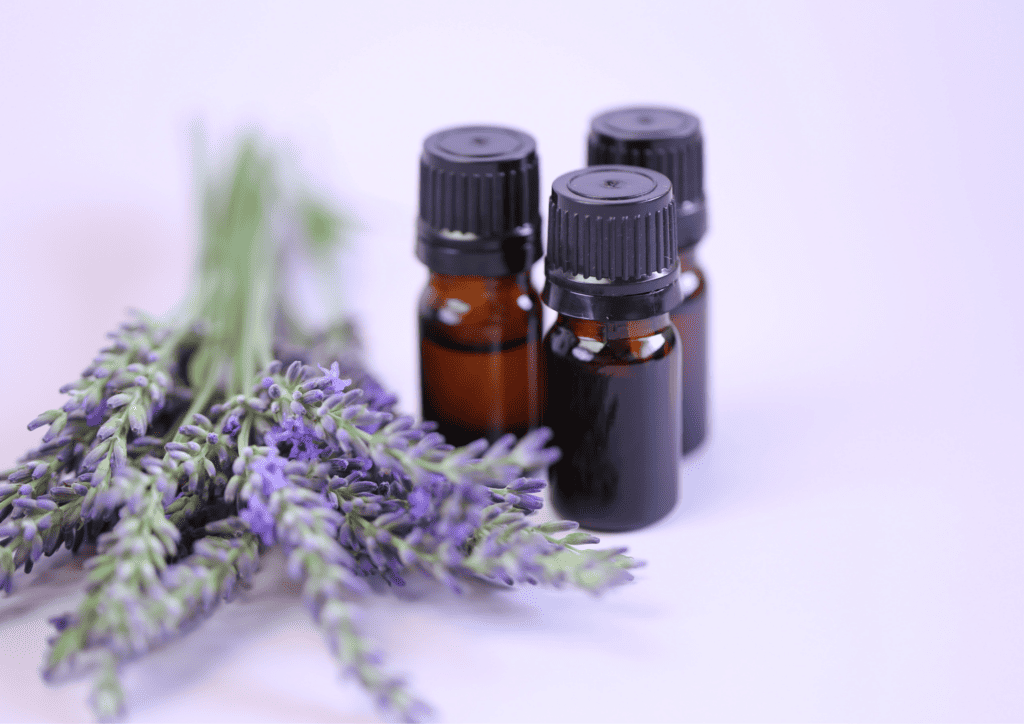
No, lavender does not kill fleas, but it can help repel them due to its potent aroma, which is offensive to fleas. Lavender oil, a popular essential oil, contains natural insect-repelling compounds that can deter fleas when used in diluted form.
To use lavender oil as a flea repellent:
- Mix a few drops of lavender oil with water or a carrier oil.
- Apply the mixture to your pet’s fur, avoiding eyes, ears, and mouth.
- The mixture can also be applied to household surfaces.
- Lavender oil helps relieve itching and inflammation from flea bites.
Although lavender oil can help repel fleas, it may not be sufficient to eliminate them completely. Combining lavender oil with other flea control methods is advisable for comprehensive flea management.
Does Boric Acid Kill Fleas?
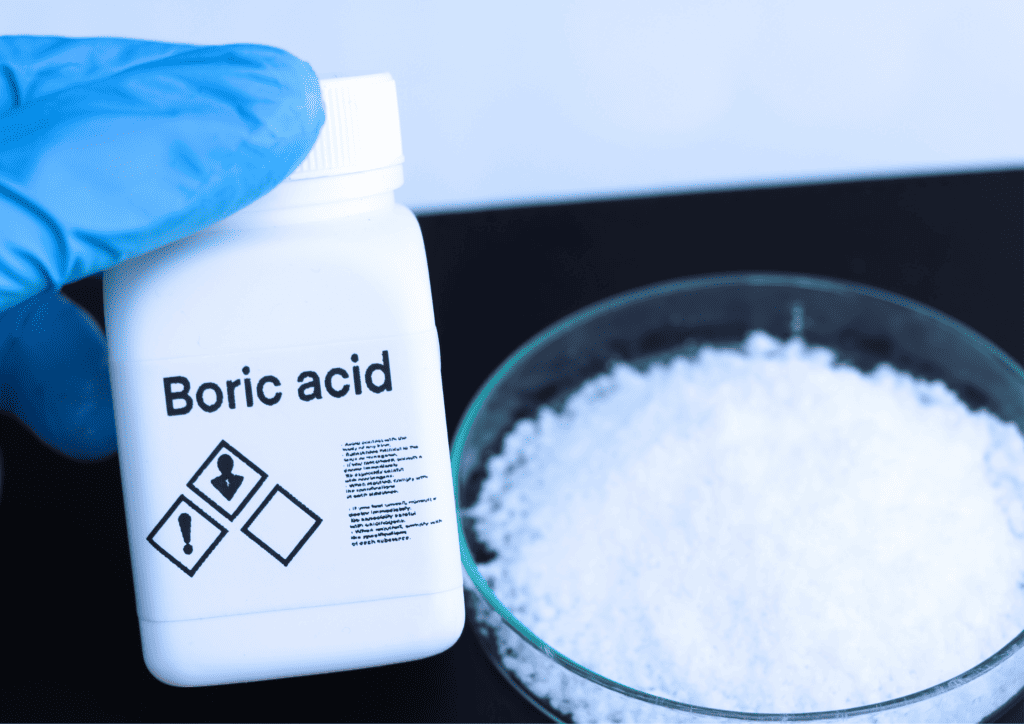
Yes, boric acid can kill fleas by acting as a desiccant, similar to borax. When fleas come into contact with boric acid, it damages their exoskeletons, resulting in dehydration and death. Boric acid is often used as a powder for treating flea-infested carpets, upholstery, and pet bedding.
To use boric acid for flea control:
- Carefully apply the powder to infested areas
- Let it sit for a few hours or overnight before vacuuming up the residue.
While boric acid can be effective against fleas, it can also be harmful if ingested by pets or children. Always use boric acid with caution, and consider alternative, safer treatments if you have concerns about its safety.
Does DEET Repel Fleas?
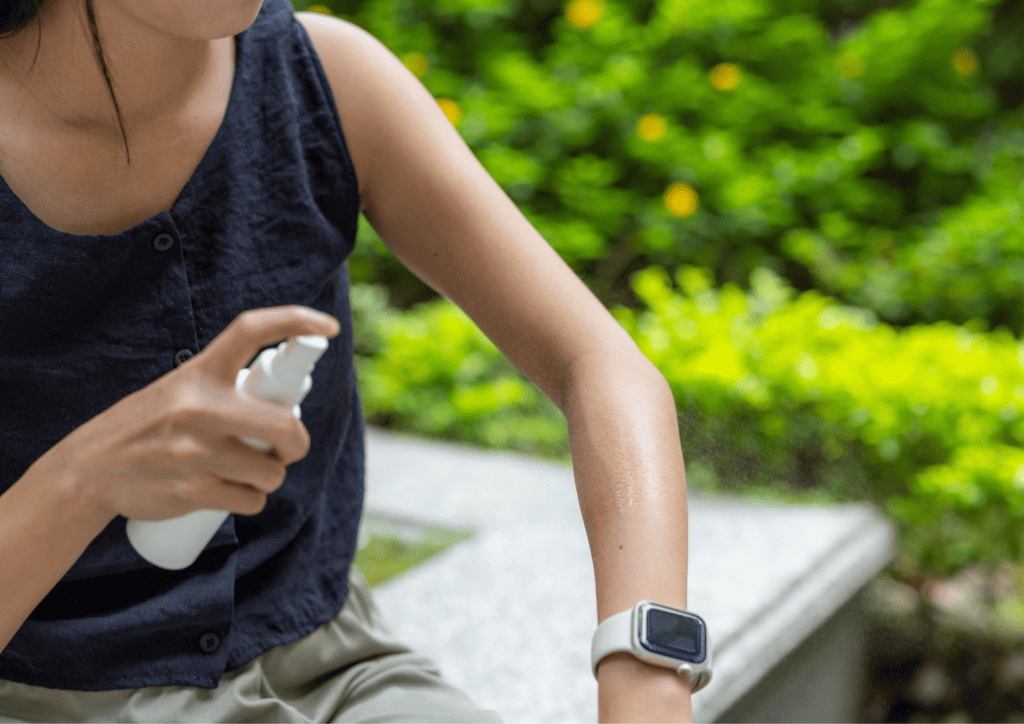
Yes, DEET can repel fleas as it is a powerful insect repellent that affects the fleas’ sensory receptors, making it harder for them to locate their hosts. However, DEET is formulated for human use and should not be applied directly to pets, as it can be harmful or toxic to them. Instead, opt for pet-safe alternatives, such as natural essential oil sprays, which are specifically designed to repel fleas from pets. If you wish to use DEET to repel fleas from yourself, follow the manufacturer’s directions closely and avoid excessive exposure.
Does Eucalyptus Repel Fleas?
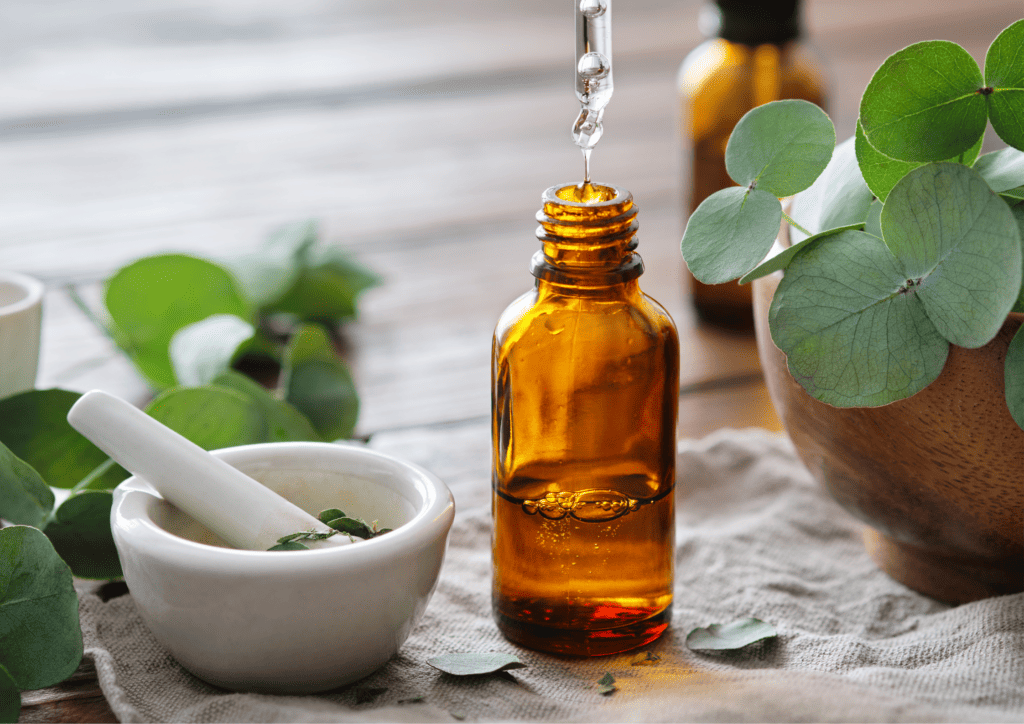
Yes, eucalyptus oil can help repel fleas due to its strong scent and insecticidal properties. The aroma of eucalyptus oil and its active compounds, such as eucalyptol, can effectively discourage fleas from infesting your home or pet.
To use eucalyptus oil as a flea repellent:
- Dilute it with water or a carrier oil.
- Apply it to your pet’s fur or household surfaces, being sure to avoid the eyes, ears, and mouth.
Eucalyptus oil can be a valuable addition to your flea control strategy, but it may not be sufficient to eliminate severe infestations on its own. Combining eucalyptus oil with other control methods or consulting a professional pest control service is recommended for comprehensive flea management.
Does Chlorine Kill Fleas?
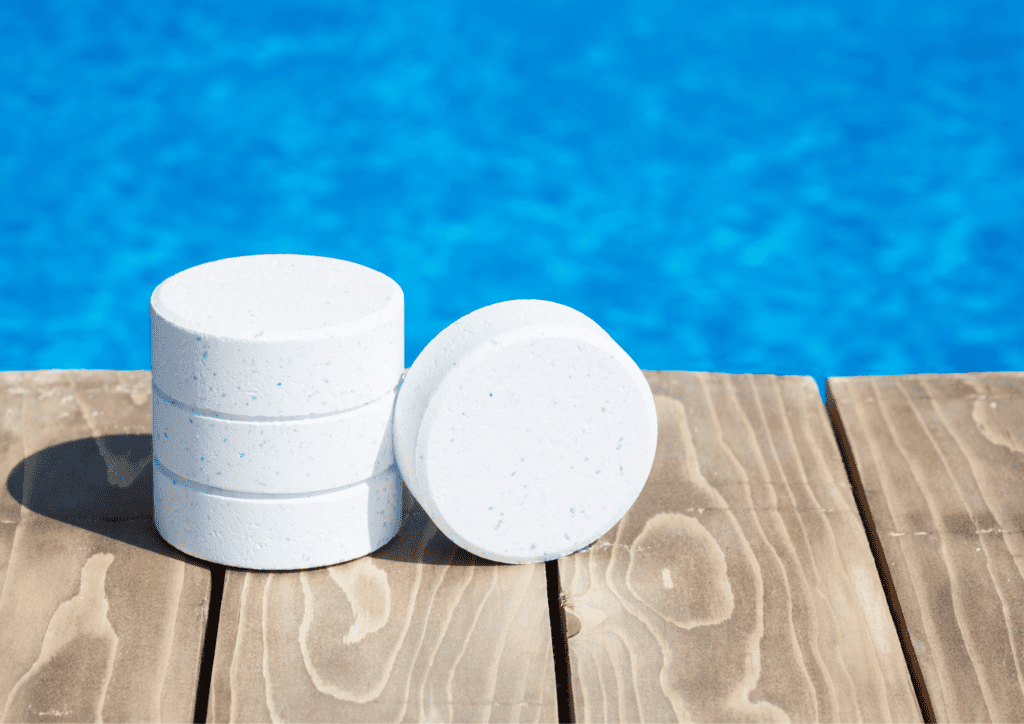
Yes, chlorine can kill fleas due to its powerful disinfectant and oxidizing properties. However, using chlorine to eliminate fleas, especially on pets or porous surfaces, is not recommended as it can be harmful to both you and your pets. Chlorine can cause skin and eye irritation, respiratory issues, and even poisoning if ingested in large quantities.
Moreover, it can damage fabrics, upholstery, and other materials. Instead of resorting to chlorine for flea control, consider safer alternatives such as natural home remedies, commercial flea treatments, or professional pest control services.
Does Baby Shampoo Kill Fleas?
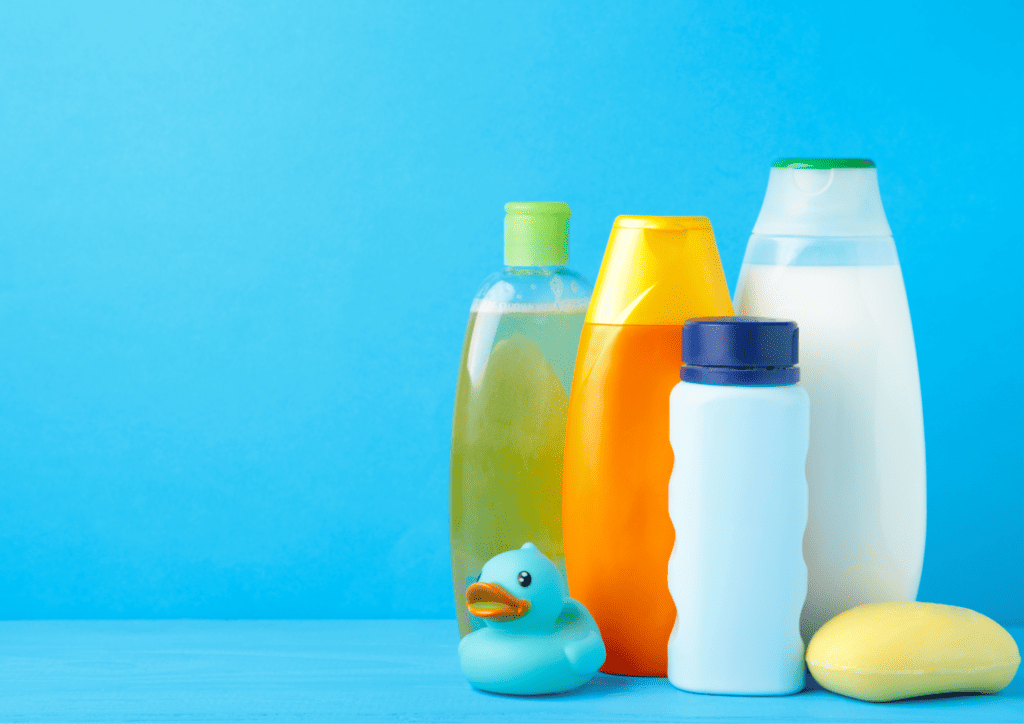
Yes, baby shampoo can help kill fleas as it works similarly to dish soap, breaking down the fleas’ protective waxy layer and causing them to dehydrate and die. The advantage of using baby shampoo over other types of soap is its gentleness and mildness on your pet’s skin.
To use baby shampoo to kill fleas:
- Gently lather it onto your pet’s fur, avoiding the eyes, ears, and mouth.
- Leave it on for a few minutes before rinsing thoroughly.
While baby shampoo can be effective in killing adult fleas, it might not provide long-term protection or target all life stages of fleas. Consult your veterinarian for more effective, long-term flea control measures.
Does Rosemary Kill Fleas?
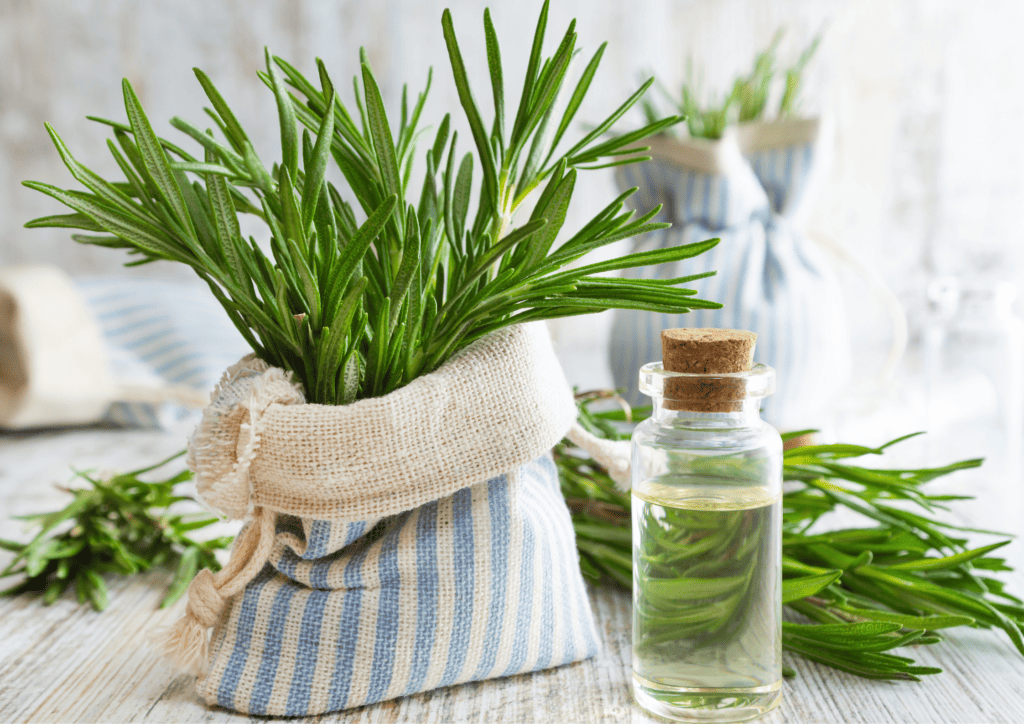
No, rosemary does not kill fleas, but it can help repel them due to its strong aroma and natural pest-repellent properties. Using rosemary as a flea control method involves creating a rosemary powder by grinding the dried leaves or applying diluted rosemary essential oil to your pet’s fur or household surfaces.
While rosemary can help deter fleas, it may not be strong enough to eliminate severe infestations on its own. Combining rosemary with other flea control methods, such as diatomaceous earth or commercial treatments, is recommended for comprehensive and effective flea management.
Does Citronella Repel Fleas?
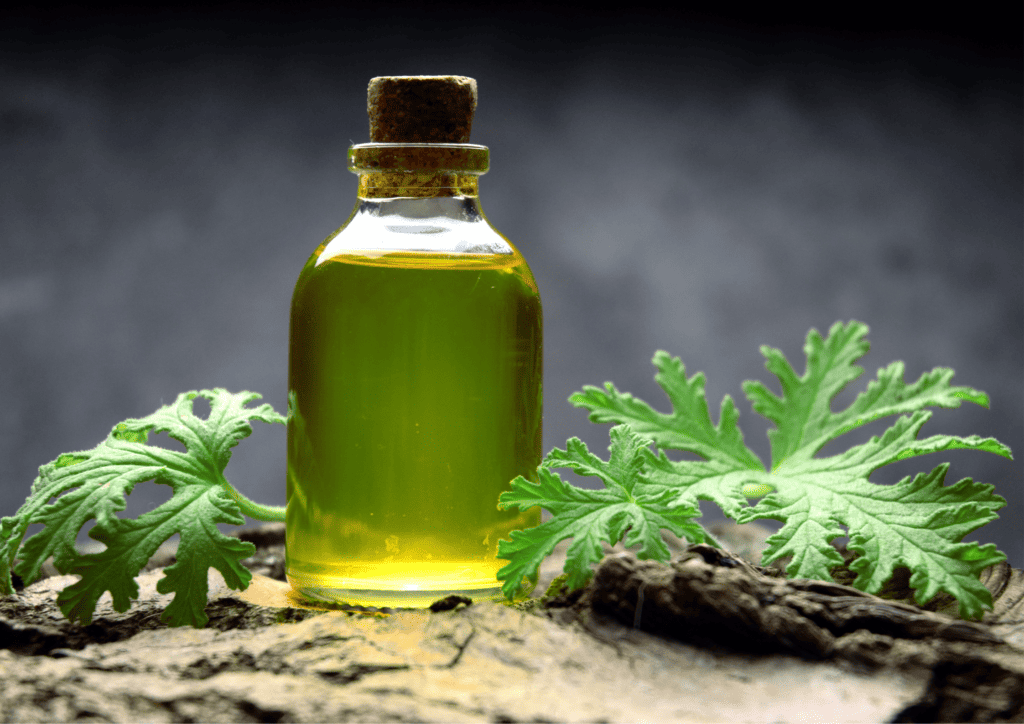
Yes, citronella oil can repel fleas due to its strong scent and natural insect-repellent properties. Derived from various species of lemongrass, citronella oil is commonly used to repel mosquitoes and other insects. When diluted with water or a carrier oil, citronella oil can be applied to pet bedding, collars, or household surfaces to deter fleas.
It’s important to note that, while citronella oil can help repel fleas from specific areas, it may not be sufficient to eliminate a severe infestation on its own. Combining citronella oil with other flea control methods or seeking professional pest control services is advisable for comprehensive flea management.
Does Cedarwood Oil Kill Fleas?
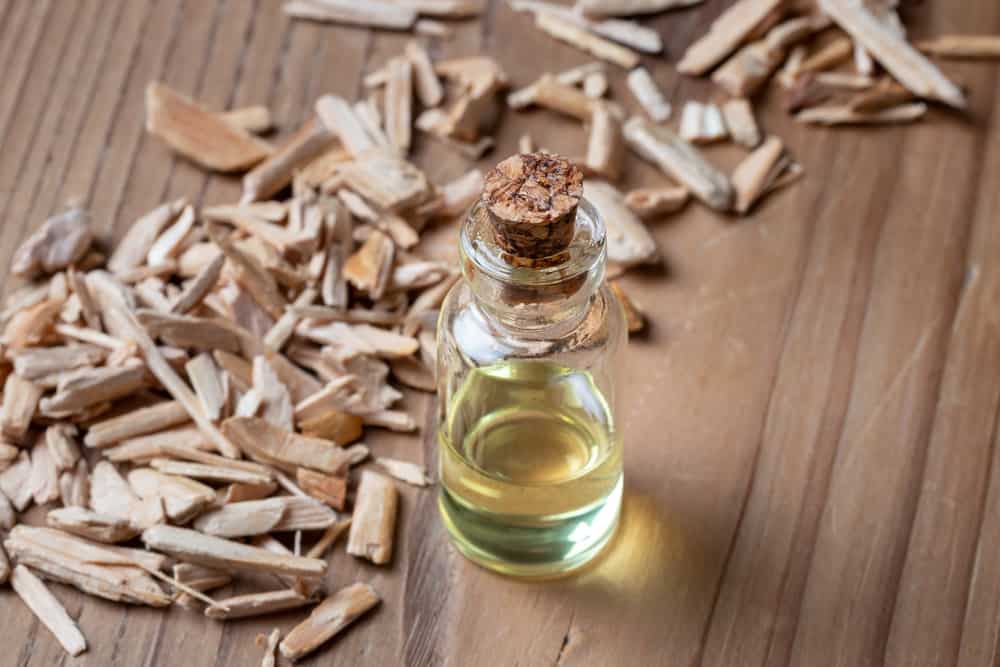
Yes, cedarwood oil can kill and repel fleas due to its natural insecticidal properties and strong aroma. Cedarwood oil contains components, such as cedrol and thujone, which can effectively kill adult fleas as well as target their eggs and larvae.
To use cedarwood oil for flea control:
- Mix a few drops with water or a carrier oil
- Apply it to your pet’s fur or household surfaces, avoiding the eyes, ears, and mouth.
While cedarwood oil can be an effective flea treatment, it might not provide complete eradication if the infestation is severe. Combining cedarwood oil with other control methods is recommended for comprehensive results.
Does Hand Sanitizer Kill Fleas?
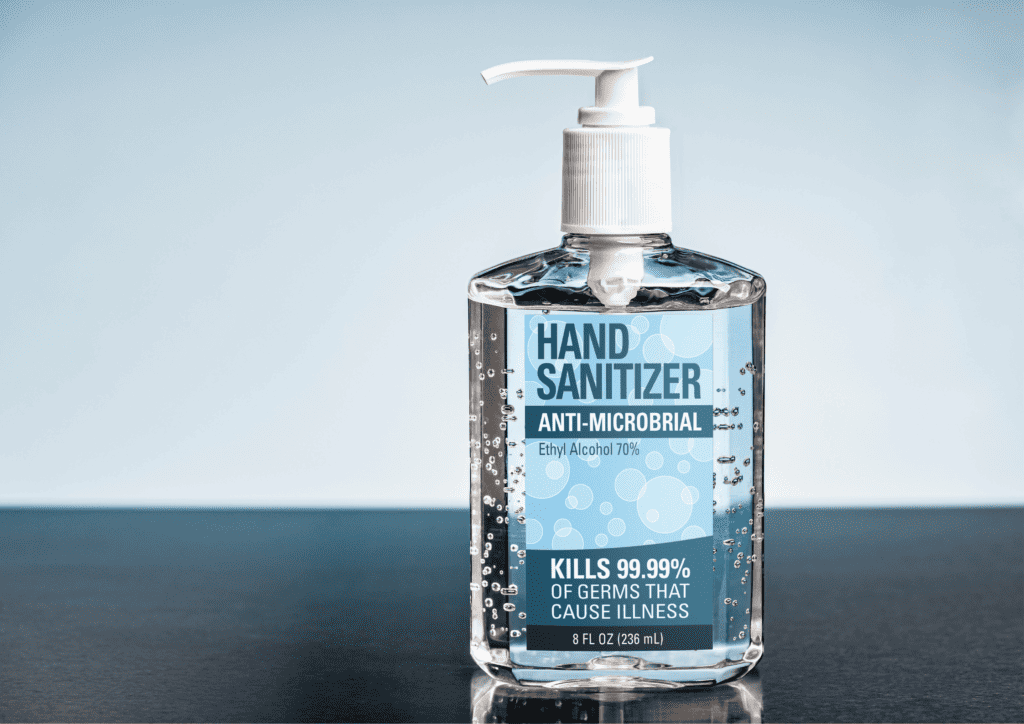
Yes, hand sanitizer can kill fleas on contact due to its high alcohol content, which damages their exoskeletons and causes rapid dehydration. However, using hand sanitizer as a flea control method is not recommended, particularly on pets or porous surfaces, since it evaporates quickly, and its effectiveness is limited to immediate contact with the fleas.
Moreover, applying hand sanitizer to your pet’s fur or skin can cause irritation, discomfort, or even poisoning if ingested. Instead, opt for safer, more targeted, and long-lasting flea control methods, such as diatomaceous earth, essential oils, or commercial flea treatments.
Does Rain Kill Fleas?

No, rain does not kill fleas directly. Fleas are hardy insects that can survive and even thrive in various weather conditions, including rain. While rain can help suppress dust or wash away some flea-infested debris from outdoor areas, it does not eradicate fleas effectively. In fact, the high humidity following rainfall can create an ideal breeding ground for fleas, leading to an increase in their numbers.
For effective flea control, use home remedies, commercial treatments, or professional pest control services, which can target fleas more specifically and comprehensively.
Does Ajax Kill Fleas?

Ajax might kill fleas similarly to Dawn dish soap or Palmolive, by breaking down their protective waxy layer and causing them to dehydrate and die. Although Ajax can effectively kill adult fleas on contact, it may not be the best long-term solution. Additionally, Ajax should never be applied directly to your pet’s fur, as it can cause skin irritation, dryness, or other harmful reactions. Instead, dilute the detergent with water to wash pet bedding, or utilize other targeted flea control methods recommended by a veterinarian.
Does Garlic Kill Fleas?
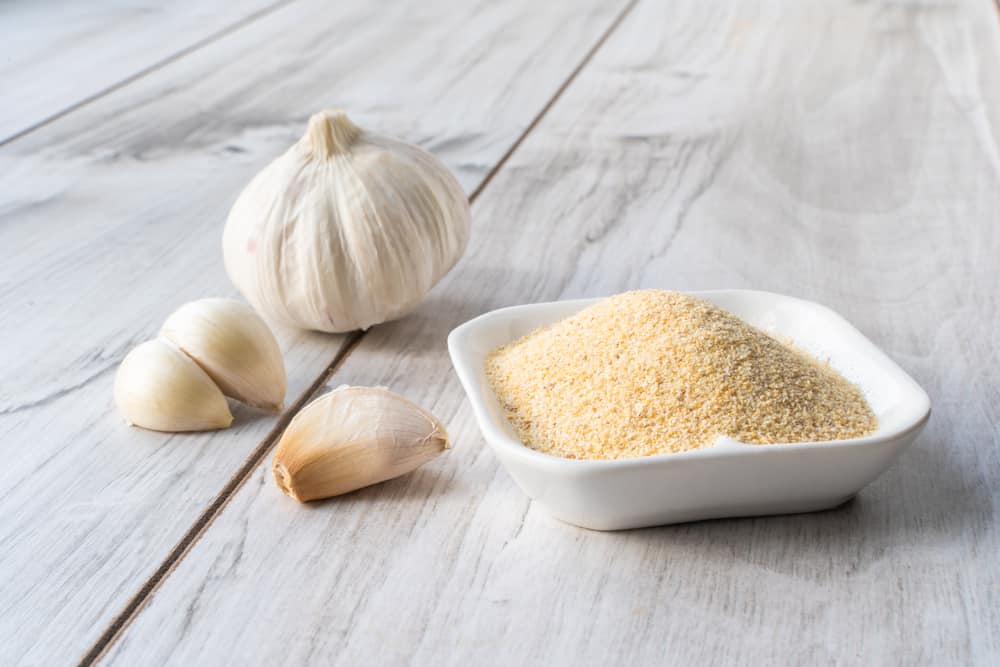
No, garlic does not kill fleas directly. Some pet owners believe that feeding garlic to their pets can help repel fleas due to its strong smell; however, this practice is not recommended. Garlic contains compounds that can be toxic to dogs and cats in large amounts, potentially causing a serious condition called Heinz body hemolytic anemia. As a result, it is advised to avoid using garlic as a flea control remedy and opt for safer flea prevention and treatment options, such as essential oils, commercial flea treatments, or consulting a veterinarian for guidance.
How effective are flea home remedies compared to commercial treatments?
The effectiveness of home remedies for fleas may vary depending on factors like the severity of the infestation, the type of remedy used, and the diligence with which it’s applied. While home remedies can be successful, they don’t always provide immediate results and may need to be used in combination to achieve the best results.
Commercial treatments, on the other hand, are often faster acting and designed to target multiple stages of the flea life cycle. However, these products can come with potential side effects and may be more expensive than home remedies. Ultimately, the choice between home remedies and commercial treatments depends on individual preferences, budget, and specific needs.
What are the Considerations when Using Home Remedies for Fleas?
When selecting the best home flea treatment, consider the following factors:
- Safety: Ensure the home remedy is safe and non-toxic, especially if you have children or pets.
- Availability: Choose a remedy that uses ingredients you have easy access to.
- Ease of use: Opt for a remedy that is simple to prepare and apply.
- Effectiveness: Research and choose a remedy known for its effectiveness in controlling fleas.
- Environment: Consider opting for an environmentally friendly remedy to minimize your environmental impact.
What precautions should be taken when using home remedies for flea control?
Before using home remedies for flea control, it’s essential to take the following precautions:
- Test for allergies: Some natural ingredients can be allergenic, so test the remedy on a small area before applying it to your pets or household surfaces.
- Avoid overuse: Excessive use of some home remedies, like essential oils, can be harmful to pets. Follow recommended dosages and applications.
- Be patient: Home remedies may take longer to work compared to commercial treatments, so be prepared for the process to be gradual.
- Consult a veterinarian: Before using any home remedy on your pet, consult your veterinarian to ensure it’s safe and appropriate for your pet’s specific needs.
- Clean your home: Regularly vacuum your floors, wash pet bedding, and clean upholstery to maximize the effectiveness of the home remedy.
Is Home Remedy Flea Control the Best Approach?
Home remedy flea control methods have their benefits and limitations. They can be cost-effective, environmentally friendly, and safe for your family and pets. However, their effectiveness might not be as immediate or potent compared to commercial treatments.
Commercial flea treatments, while sometimes more expensive and potentially harmful, generally offer quicker results and target multiple stages of the flea life cycle. When deciding between home remedies and commercial treatments, consider factors such as safety, budget, and the severity of the infestation.

